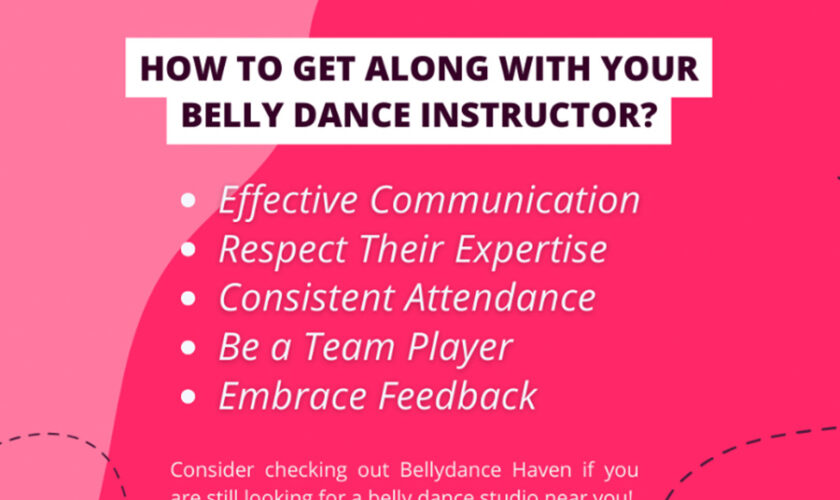Key Takeaways
- Structured electric guitar lessons prioritise transferable skills, not random songs or isolated techniques.
- Technique, rhythm, musical understanding, and disciplined practice habits form the core learning pillars.
- Progress in formal music lessons is measured by consistency, control, and adaptability—not speed alone.
- Well-designed electric guitar lessons in Singapore are built to prevent common self-learning plateaus.
Introduction
Many learners assume that electric guitar lessons are mainly about learning songs or copying riffs. In reality, structured programmes focus on skill acquisition that supports long-term progress, regardless of genre or playing style. This distinction matters in a market where music lessons range from casual coaching to formal, syllabus-driven instruction. Structured electric guitar lessons in Singapore are designed around skills that remain relevant as students advance, rather than short-term wins that fade once the lesson ends.
The following four skills are consistently taught across professionally structured programmes and form the backbone of effective guitar education.
1. Technical Control and Physical Efficiency
The first core skill taught in structured electric guitar lessons is technical control. This skill includes correct fretting-hand positioning, pick grip, alternate picking, string muting, and controlled articulation. These elements are not taught in isolation but reinforced through repeated application across scales, exercises, and repertoire. The emphasis is on efficiency rather than speed. Poor technique often leads to tension, inconsistent tone, and injury over time, which is why structured music lessons prioritise posture, hand alignment, and relaxed movement early in the learning process. This foundation allows students to play longer, cleaner, and with greater consistency as complexity increases.
2. Rhythm Accuracy and Timing Awareness
Rhythm is frequently underestimated by beginner guitarists, yet it is one of the most critical skills developed in formal electric guitar instruction. Structured electric guitar lessons focus heavily on timing accuracy, subdivision, and groove awareness. Students are trained to play in time with metronomes, backing tracks, and ensemble settings. This skill goes beyond keeping time; it involves understanding syncopation, rests, and rhythmic phrasing. Music lessons that follow a structured curriculum treat rhythm as a measurable skill, not a vague concept, because timing flaws are often the primary reason players struggle to perform confidently with others.
3. Musical Understanding and Fretboard Logic
Another essential skill taught in structured programmes is musical understanding. This skill includes scale construction, chord relationships, and fretboard navigation. Rather than memorising patterns without context, students learn why notes work together and how shapes connect across the neck. Electric guitar lessons often integrate theory directly into playing exercises, ensuring concepts are applied immediately rather than learned abstractly. This approach enables students to improvise, transpose, and adapt material instead of relying on fixed positions. Over time, this skill reduces dependence on tabs and accelerates learning across new material.
4. Practice Structure and Progress Tracking
Perhaps the most overlooked skill taught in structured music lessons in Singapore is how to practise effectively. Students are guided on how to break down material, prioritise weaknesses, and manage limited practice time. Structured electric guitar lessons emphasise goal-setting, weekly benchmarks, and measurable improvement rather than unfocused repetition. Learners are taught how to identify errors, correct them systematically, and track progress across months rather than sessions. This skill is critical for sustaining improvement outside the classroom and preventing stagnation, especially for adult learners balancing work and personal commitments.
Conclusion
Structured electric guitar lessons are not designed to impress quickly; they are built to develop durable, transferable skills. Technique, rhythm, musical understanding, and disciplined practice habits form the core of effective guitar education and are consistently reinforced in professional programmes. Remember, in a competitive landscape of music lessons in Singapore, structured electric guitar lessons stand out by focusing on how students learn, not just what they play. That said, these four skills create a foundation that supports confident playing, adaptability, and long-term growth across any musical direction.
Contact Sonare Music School to experience how real skill development is taught, not guessed.







